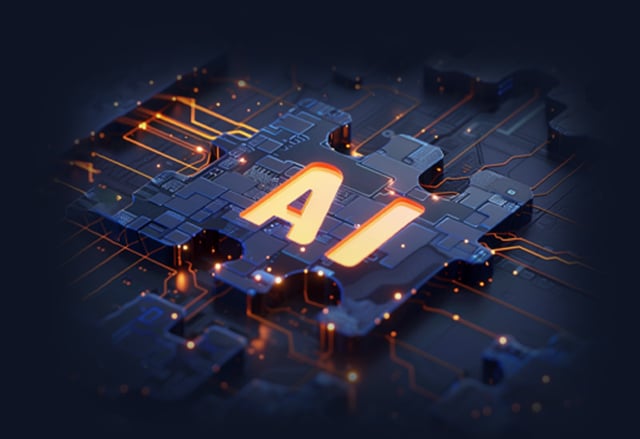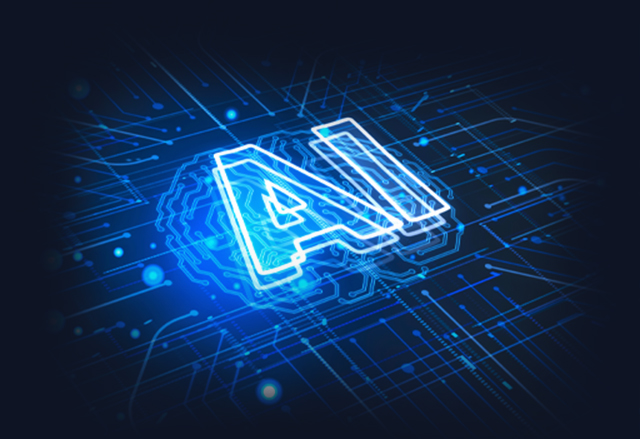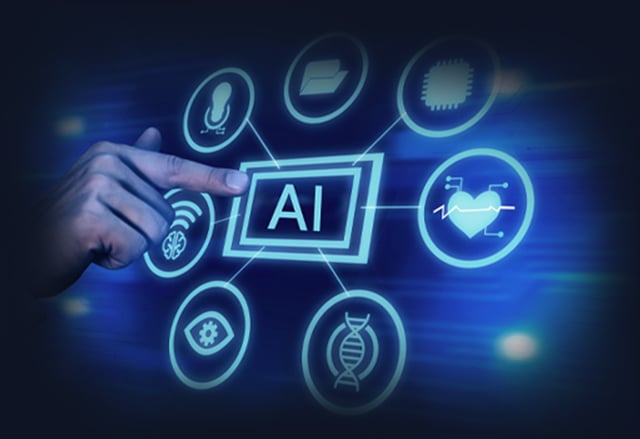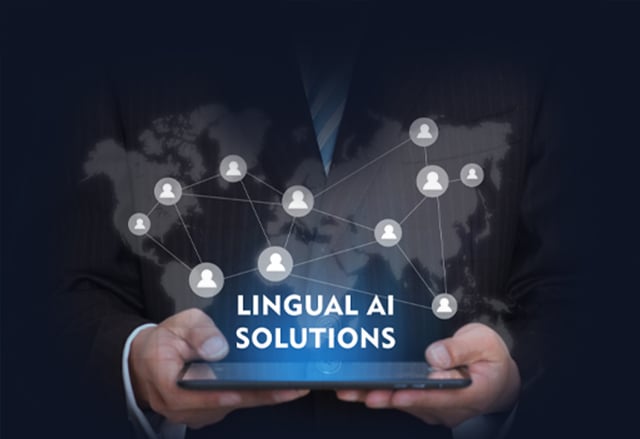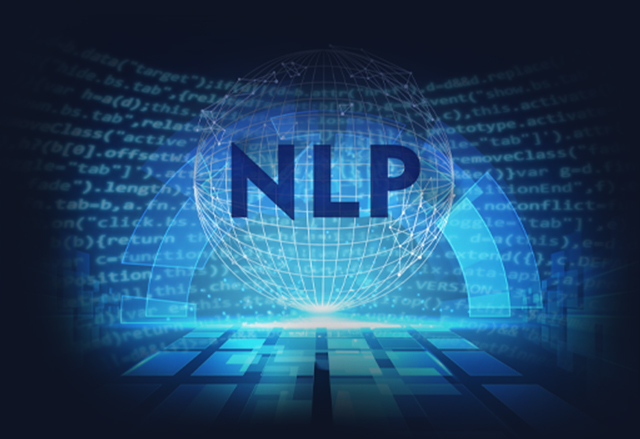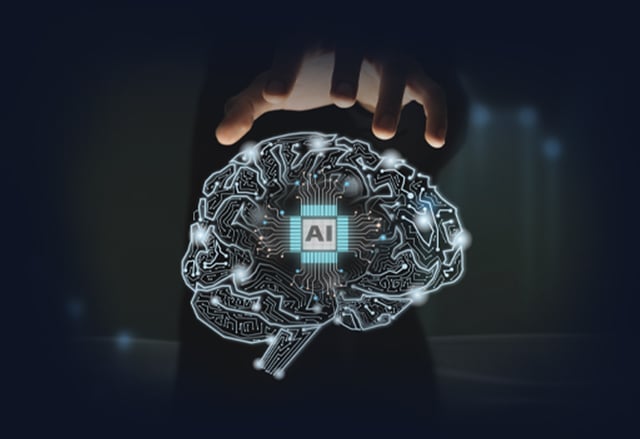Contextual Understanding: Boosting AI Relevance
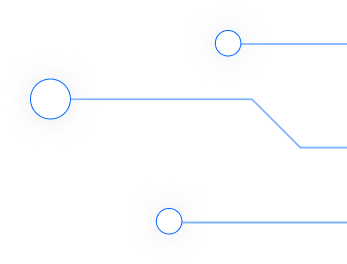
Contextual understanding in Artificial Intelligence (AI) refers to the capability of machines to interpret information within a broader context, mirroring human context understanding rather than simply processing data. It involves going beyond recognizing patterns, and focusing on grasping the subtle nuances and complexities that define real-world situations.
Advanced AI solutions don't just recognize words but understand the subtle shifts in meaning that context can bring. It's the difference between a chatbot that mechanically responds and one that engages in meaningful conversations.
By decoding the complexities of context, we are not just advancing technology, we are shaping a future where AI seamlessly integrates with the intricacies of human experience, enhancing the way business works.
Understanding Context in AI
Contextual understanding in AI signifies the ability of machines to interpret and process information within a given context. It goes beyond isolated data points, aiming to comprehend the broader circumstances that surround a particular piece of information.
In practical terms, an understanding of the environmental context empowers AI systems to discern the nuances embedded within human interaction and decision-making processes. Rather than isolating each data point, AI equipped with contextual awareness considers the environmental factors, conditions, and relationships that influence the significance of the data.
For instance, in natural language processing, a contextually aware AI system can convert the intended meaning of words based on the surrounding words and the overall context of the conversation. Similarly, in image recognition, contextual understanding allows AI to recognize objects not just based on their visual features but also by considering the broader scene and the relationships between objects.
Key Aspects of Context Understanding
Contextual understanding is essential for building AI systems that can interact with humans naturally and intelligently, enabling applications such as virtual assistants, chatbots, recommendation systems, and more.
- Language Understanding: AI-advanced language models grasp the meaning of words, phrases, and sentences within the broader context of a conversation or document. This includes a nuanced understanding of idiomatic expressions, sarcasm, metaphors, and cultural nuance.
- Multimodal Understanding: Contextual intelligence extends beyond text to include other modalities such as images, audio, and video. AI models integrate information from multiple modalities to form a comprehensive understanding of the context.
- Personalization: Contextual AI systems personalize user experiences by going beyond user input, and considering individual preferences, history, and behavior patterns. Personalized deep understanding provides tailored relevant responses by taking into account the unique context of each user interaction.
After understanding the technical intricacies of contextual understanding in AI, let's now explore how mastering these elements can propel your business to new levels of success.
Contextual Understanding Impact
AI contextual intelligence offers numerous benefits for business enterprises. By leveraging contextual AI capabilities, businesses can unlock new opportunities, and drive sustainable growth in today's competitive landscape.
Enhanced User Experience
With contextual understanding, AI systems can analyze customer behavior, preferences, and previous interactions to provide personalized responses, offers, and support. This level of personalization fosters deeper engagement with customers, leading to increased loyalty and satisfaction. By leveraging AI-powered contextual insights, businesses can create meaningful connections with their customers, driving long-term relationships and repeat business.
Optimized Operational Efficiency
Contextual understanding empowers AI systems to streamline business processes by intelligently analyzing data within the context of specific tasks or workflows. This optimization leads to more efficient resource allocation, reduced operational costs, and improved overall productivity. Whether it's automating routine tasks, predicting demand fluctuations, or optimizing supply chain logistics, contextual AI enables enterprises to operate more efficiently and competitively in their respective industries.
Data-Driven Decision Making
By harnessing contextual understanding, AI systems can analyze vast amounts of data from disparate sources to provide actionable and valuable insights for decision-making. Whether it's identifying emerging market trends, predicting customer behavior, or optimizing marketing strategies, contextual AI equips businesses with the human intelligence needed to make informed decisions quickly and confidently. This data-driven approach enables enterprises to stay agile and responsive in an increasingly dynamic business environment, gaining a competitive edge in their markets.
Proactive Risk Management
Contextual AI enables businesses to proactively identify and mitigate risks by analyzing contextual data patterns and detecting anomalies or potential threats in real-time. Whether it's monitoring cybersecurity threats, identifying fraudulent activities, or predicting equipment failures, contextual AI empowers enterprises to take preemptive measures to safeguard their assets, reputation, and bottom line. By minimizing risks and disruptions, businesses can maintain operational continuity and protect their stakeholders' interests.
Personalized Recommendations
Contextual AI enhances the quality and efficiency of customer service by providing personalized and timely support tailored to each customer's needs and preferences. Whether it's resolving inquiries, addressing complaints, or providing product recommendations, meaningful insights enable businesses to deliver superior customer experiences across various channels. This leads to higher customer satisfaction, increased retention, and positive brand advocacy, ultimately driving business growth and profitability.
Product Development
Context-aware systems enable businesses to gain deeper insights into customer needs, preferences, and pain points, facilitating the development of innovative products and services that resonate with target audiences. By analyzing contextual data such as market trends, customer feedback, and competitor offerings, enterprises can identify accurate predictions and design solutions that address specific customer challenges effectively. This customer-centric approach to product development not only drives market differentiation but also enhances brand loyalty and market share.
Compliance and Regulatory Compliance
Contextual AI helps businesses navigate complex regulatory landscapes by analyzing contextual data to ensure compliance with industry regulations and standards. Whether it's data privacy laws, financial regulations, or environmental policies, AI-powered contextual insights enable enterprises to identify compliance gaps, mitigate risks, and implement proactive measures to meet regulatory requirements. By adhering to compliance standards, businesses can build trust with stakeholders, mitigate legal risks, and safeguard their reputation in the marketplace.
Increasing ROI Through Relevance
The key to a successful advertising campaign lies in relevance, and contextual understanding is the cornerstone of achieving it. By delivering ads that resonate with the immediate context of the user, businesses increase the likelihood of capturing attention and driving engagement. The result is an improved Return on Investment (ROI), as marketing efforts are optimized for maximum impact in the right place and at the right time.
Targeted Advertising
Contextual understanding revolutionizes advertising by enabling businesses to target their audience with unprecedented precision. AI analyzes contextual cues such as user behavior, preferences, and real-time situations to deliver advertisements that align with the user's interests and needs. This targeted approach ensures that advertising efforts are not only more effective but also less intrusive, creating a win-win for businesses and consumers.
For businesses seeking not just technological advancement but a paradigm shift in their operations, prioritizing and investing in contextual AI solutions is the key. The potential rewards are vast, from improved customer satisfaction and streamlined decision-making to elevated advertising efficacy. The businesses that seize this opportunity will not only stay ahead in the AI race but will redefine their industries and set new standards for excellence.
Frequently Asked Questions (FAQs)
How does contextual understanding enhance user experience in business?
By analyzing customer behavior, preferences, and previous interactions, AI systems can provide personalized responses and offers, leading to increased customer satisfaction and loyalty.
What role does contextual understanding play in data-driven decision-making?
Contextual understanding enables AI systems to analyze vast amounts of data from disparate sources, providing actionable insights for quick and informed decision-making in a dynamic business environment.
How does contextual understanding impact language understanding in AI?
It enables AI systems to grasp the meaning of words, phrases, and sentences within the context of a conversation or document, including understanding idiomatic expressions and cultural nuances.


